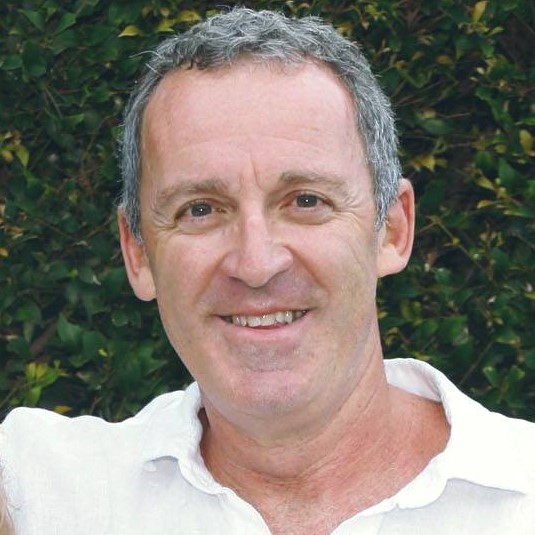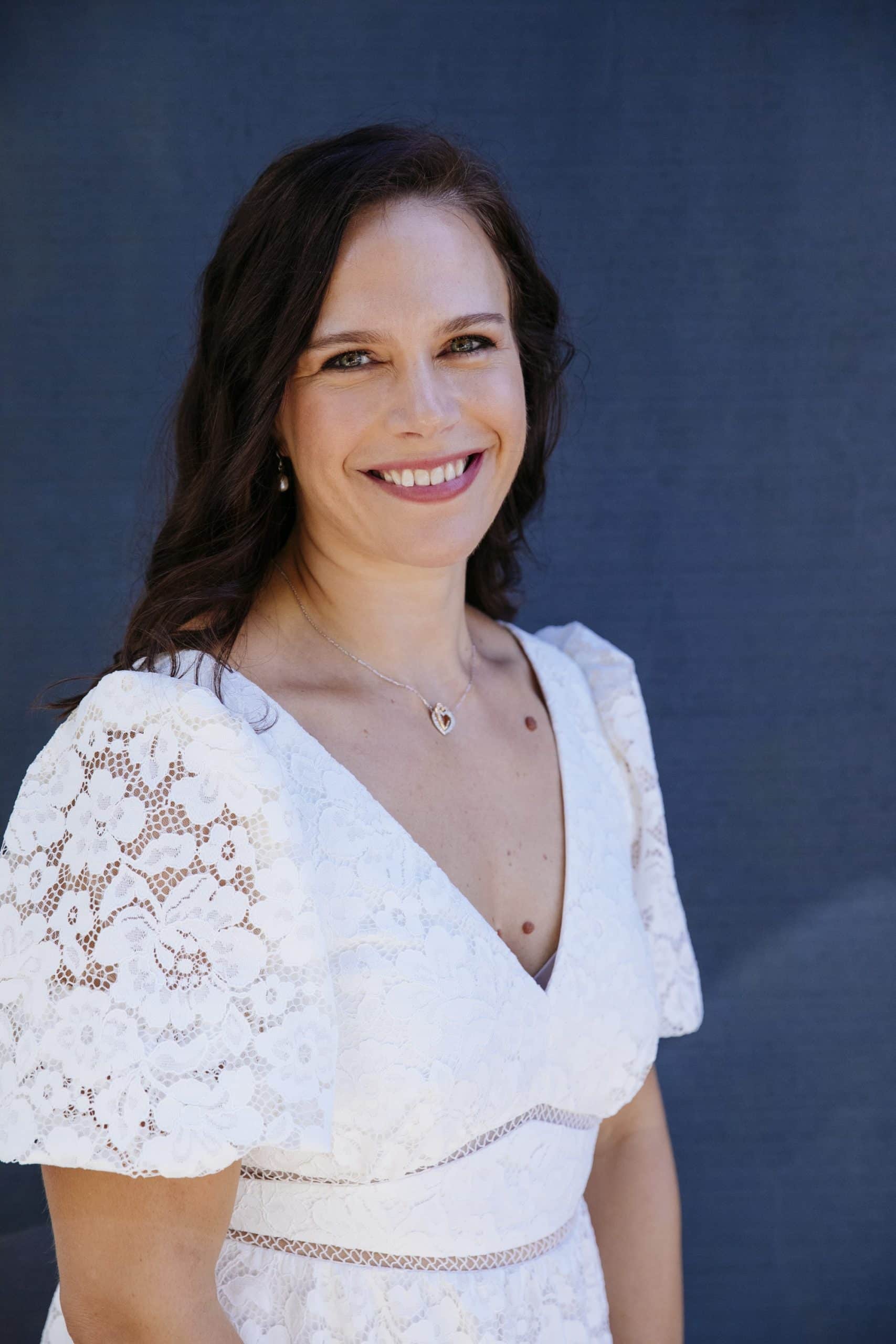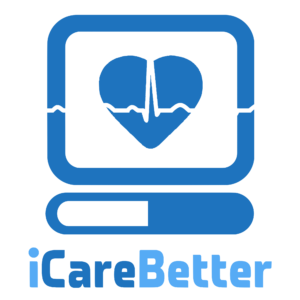
Georgia Spry
Visit types: Virtual
Spoken languages: English
Interpreting services for other languages: No
Philosophy of care for endometriosis patients:
The right diet for an individual can help correct common nutrient deficiencies – iron, B12, vitamin D, calcium
identify and navigate food intolerances (more common in those with endometriosis) with as little restriction as possible
adopt anti-inflammatory dietary patterns to manage pain and chronic inflammatory symptoms associated with endometriosis
nutritional strategies to help with constipation, diarrhoea, and bloating as well as IBS (judicious use of the low FODMAP diet as required)
design bespoke supplementation plans to support dietary intake as well as endometriosis symptoms. Supportive nutrition strategies for individuals and couples trying to conceive (assisted or unassisted) – including optimizing egg quality before IVF, conception, or egg freezing, supporting sperm quality, and enhancing implantation using evidence-based nutrition strategies.
Financial Disclosure

Dr. David Rosen
Dr. David Rosen, M.B., B.S.,
Dr. David Rosen – Endometriosis Specialist, Gynecologist, Minimally Invasive Gynecologic Surgeon
Summary: Dr David Rosen gynaecologist is a highly skilled endometriosis specialist based in Kogarah, NSW, Australia. With extensive experience in treating endometriosis, Dr. David Rosen gynaecologist, provides individualized care, focusing on excision surgery to remove all deposits rather than relying on less effective treatments like diathermy. His approach is designed to address the unique needs of each patient, ensuring the best possible outcomes.
For treatment, Dr David Rosen utilizes a range of therapies including OCP, progesterone IUDs (Mirena), and GnRH analogs (Zoladex), along with laparoscopy when necessary. He collaborates with pelvic floor physiotherapists and pain specialists to help manage chronic pain, offering a multidisciplinary approach to care.
As a dedicated gynaecologist, Dr David Rosen provides ongoing support through regular follow-ups and personalized pain management plans to improve quality of life for his patients.
City: Kogarah, NSW, Australia
Philosophy: The cause of endometriosis is unknown – deep infiltrating disease arising from the uterosacral ligaments and incorporating the ovaries and bowel shows a very different natural history to peritoneal gunpowder or vesicular deposits yet both can cause severe symptoms in women. Accordingly, each patient is approached individually however the overarching philosophy is extensional surgery to remove all deposits (versus “diathermy to endometriosis” which can often leave deep deposits of endometriosis especially in the Pouch of Douglas)
Medication:
Approach to Persistent Pain After Surgery: Endometriosis represents a chronic disease and I believe that pain pathways are laid down over years, like a highway of stimuli from the source in the pelvis, to the sensory cortex and back to the pelvis. As such, it is not unusual to experience recureent symptoms in the same areas as the initial presentation, even if the stimulus is minor. Whilst all physicians hope that their patients experience rapid and permanent relief from excising disease, I am aware of the concept of visceral sensitization and the strategies needed to reduce chronic pain symptoms for this group of women. Accordingly all endometriosis patients are reviewed annually until they feel they no longer need to be seen, offered hormonal therapy following surgery if fertility is not immediately desired and then work as a team to strategize the best plan for chronic pain sufferers, often involving clinicians listed below..

Candice Crellin
Visit types: Virtual
Spoken languages: English
Interpreting services for other languages: No
Philosophy of care for endometriosis patients:
Our philosophy at The Dietologist is all about finding each person’s unique blueprint when it comes to their diet and lifestyle that can help improve their daily life, reduce their endometriosis-related pain, improve their gastrointestinal function and optimise current or future fertility (if desired). We have a philosophy of person-centered care based on the latest science, collaborating with multi-disciplinary team members for optimised and coordinated care, as well as approaching nutrition in a non-perfectionistic and flexible way! No unnecessary strict elimination diet protocols that make you feel bad about yourself for “slipping up”, we want you to experience maximum flexibility with your nutrition so you can live life how you want to, with minimum symptoms getting in the way!
The right diet for an individual can help correct common nutrient deficiencies – iron, B12, vitamin D, and calcium
identify and navigate food intolerances (more common in those with endometriosis) with as little restriction as possible
adopt anti-inflammatory dietary patterns to manage pain and chronic inflammatory symptoms associated with endometriosis
nutritional strategies to help with constipation, diarrhea and bloating as well as IBS (judicious use of the low FODMAP diet as required)
design bespoke supplementation plans to support dietary intake as well as endometriosis symptoms. Supportive nutrition strategies for individuals and couples trying to conceive (assisted or unassisted) – including optimising egg quality before IVF, conception, or egg freezing, supporting sperm quality and enhancing implantation using evidence-based nutrition strategies.

Stefanie Valakas
Visit types: Virtual
Spoken languages: English
Interpreting services for other languages: No
Philosophy of care for endometriosis patients:
Our philosophy at The Dietologist is all about finding each person’s unique blueprint when it comes to their diet and lifestyle that can help improve their daily life, reduce their endometriosis-related pain, improve their gastrointestinal function and optimise current or future fertility (if desired). We have a philosophy of person-centered care based on the latest science, collaborating with multi-disciplinary team members for optimised and coordinated care, as well as approaching nutrition in a non-perfectionistic and flexible way! No unnecessary strict elimination diet protocols that make you feel bad about yourself for “slipping up”, we want you to experience maximum flexibility with your nutrition so you can live life how you want to, with minimum symptoms getting in the way!
The right diet for an individual can help correct common nutrient deficiencies – iron, B12, vitamin D, calcium.
identify and navigate food intolerances (more common in those with endometriosis) with as little restriction as possible
adopt anti-inflammatory dietary patterns to manage pain and chronic inflammatory symptoms associated with endometriosis
nutritional strategies to help with constipation, diarrhoea and bloating as well as IBS (judicious use of the low FODMAP diet as required)
design bespoke supplementation plans to support dietary intake as well as endometriosis symptoms. Supportive nutrition strategies for individuals and couples trying to conceive (assisted or unassisted) – including optimising egg quality before IVF, conception or egg freezing, supporting sperm quality and enhancing implantation using evidence-based nutrition strategies.

